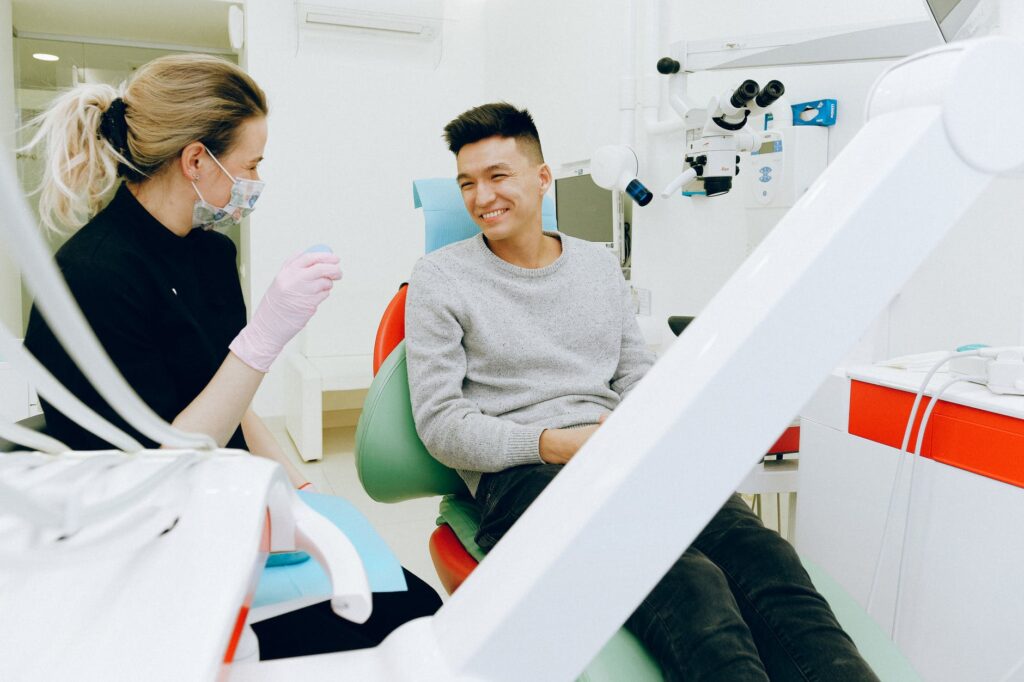At Reno-Tahoe Oral Surgery & Dental Implant Center, we take patient education seriously! We find that when you are educated on the things that can happen to your mouth, you tend to make the right choices to support continued oral health, which results in a long-lasting smile. One subject that we believe doesn’t come up enough is the health of your jawbone. The question of jawbone health starts to arise when tooth loss occurs in the mouth. If you lose a tooth for whatever reason and fail to replace it, there is a good chance that the health of your jawbone will begin to suffer – resulting in further tooth loss down the road.
HOW TOOTH LOSS AFFECTS JAWBONE HEALTH
Every system in your body relies on another system in some way; everything is interconnected. When something bad happens somewhere in your body, there is a ripple effect that takes place. Some systems are more closely linked than others. The systems inside your mouth are very closely linked, so if you lose a tooth, your jawbone suffers a great deal. You see, your jawbone relies on the tactile feedback that your teeth provide when you chew and while your jaw is at rest. When your jawbone is stimulated by your teeth, it is encouraged to stay healthy. When a tooth is lost, the bone that once supported it no longer receives tactile feedback. Soon, the bone in your jaw will begin to atrophy, and you will start to lose bone mass.
While tooth loss is a common cause of bone loss, there are other ways that bone loss in the jaw can occur. Gum disease can have a seriously negative effect on the bone in the jaw. The same bacteria that live in your mouth and cause cavities is what is responsible for gum disease. Those who suffer from advanced gum disease, also known as periodontal disease, risk serious loss of both soft tissue in the mouth and the bone in their jaw. Periodontitis is an infection of the gums and can have dire consequences for your mouth.

TOOTH REPLACEMENT IS KEY TO PREVENTING BONE LOSS
When you lose a tooth, it is critical to your oral health that you replace it as quickly as possible to avoid bone loss in the jaw. The best way to replace teeth is with dental implants. Dental implants replace the whole tooth, from root to crown, meaning they can give your jawbone the tactile feedback that it needs to encourage healthy bone mass and prevent bone loss.
WAYS TO PREVENT BONE LOSS AND TOOTH LOSS
The best way to prevent bone loss in the jaw and tooth loss is to have a great oral hygiene routine. This means brushing and flossing at least two times per day and rinsing your mouth out with water following meals. It also means coming in to see us at least once every six months for a routine cleaning and examination. When we are able to give you a dental exam twice a year, we can often alert you to issues like gum disease or cavities while they are still in the early, treatable stages.
Please call us today at (775) 368-8221 or click on the button below to schedule an appointment.








